25 March, 2019
Fertility. The consequences of delaying #motherhood


The average age at which women today have their first child is around 32, but many delays that moment even more. Medicine allows us to face our biological clock, but what are the consequences? Is it harder today than before to have children?
According to data from the Survey on fertility, family and values, published by the Center for Sociological Research (CIS), six out of ten Spanish women believe that having a child is an obstacle to their professional development and, consequently, they decide to leave the decision for after 35 years of age. But while they think about it, the biological clock does not forgive, and life goes on: the decline in the number of ovules accelerates after 35 and fertility decreases by up to 30 percent; from 40 years of age this percentage drops to more than 63 percent. Thus, women who delay their motherhood run the risk of not achieving pregnancy when they want it.
Contraception was a big step for women as it allowed women to prevent unwanted pregnancies. But it has generated a false idea that one can have a child when he wants.
From a biological point of view, the best years to procreate coincide with those that, increasingly, we dedicate to professional progress or enjoyment of life. It is a choice that can have consequences. No one knows for sure how fertility declines. It does, but the factors that influence can be diverse: age, health problems, personal characteristics, frequency of sexual relations.
Evaluate the risks
While medicine can help preserve fertility, through the vitrification of eggs, the consequences of late motherhood for both the mother and the future baby are another story that is not always considered. Thus, women who decide to delay the age at which they are mothers may have to face:
- More risk of abortion in the first trimester. According to different studies, starting at age 38, the risk rises to 40 percent, compared to 20 percent seen in young women.
- Increased risk of gestational diabetes, hypertension, circulatory problems – varicose veins, hemorrhoids – and anemia, although these disorders are controllable with good follow-up by the gynecologist.
- More complications during delivery and caesarean sections, especially if it is the first child. The reason is that after 35 years the tissues have lost elasticity, which makes the dilation longer and more difficult and the expulsion slower.
- After 35 years, the probability of achieving pregnancy through IVF decreases.
- The father also counts. Although the use of donor eggs or vitrification eliminates the risk of chromosomal alterations due to age, it should not be forgotten that mature mothers usually have children from mature fathers, which also increases the risk of genetic abnormalities.
Also, the advantages
Late motherhood can be favored by a series of elements of their own, precisely, of a greater age, such as professional stability, and a higher economic status, commitment in the couple’s relationship, maturity, personal security, responsibility in the decisions and in the projects, and above all, a great motivation for motherhood.
Is there a psychological risk in late motherhood?
However, late motherhood is associated with some psychosocial disadvantages or difficulties such as frustration and wear and tear in the fight against infertility, which is usually present in many of the cases and which usually involves refusing to have a larger family, less support of the immediate environment for the upbringing (the grandparents are very old, the friends have children of more advanced age), less physical resistance and energy for the care of the child.
The social stigma of appearing “too old” as a mother or father for others is a very common fear that accompanies the beginning, but that usually diffuses rather quickly, first because of the illusion expressed by the environment when the news of pregnancy is known, and then by the reality lived, since more and more couples that have children in the same age group.
If you see yourself reflected in this article, contact us.
At HC Fertility we are in the technical vanguard and we have an excellent team of professionals, doctors and embryologists, with extensive experience who study each case in a personalized way to advise patients in the decision to cryo-preserve their ova or embryos.
We also have a Psychological Support Unit with trained and specialized professionals, and we provide a stress-free, comfortable and modern environment to help patients feel as comfortable as possible.
Sources: Centro de Investigaciones Sociológicas (CIS) / INE / HC Marbella Fertility Center.

Back to blog
In other news

13 December, 2022
What are the forbidden foods?
How many of you have already had more than one Christmas dinner or lunch with work colleagues or sch...
[Continue reading ]5 February, 2016
Why choose an IVF cycle outside the UK?
Probably due to the high Costs and restrictions the UK has when offering assisted reproduction cycle...
[Continue reading ]


